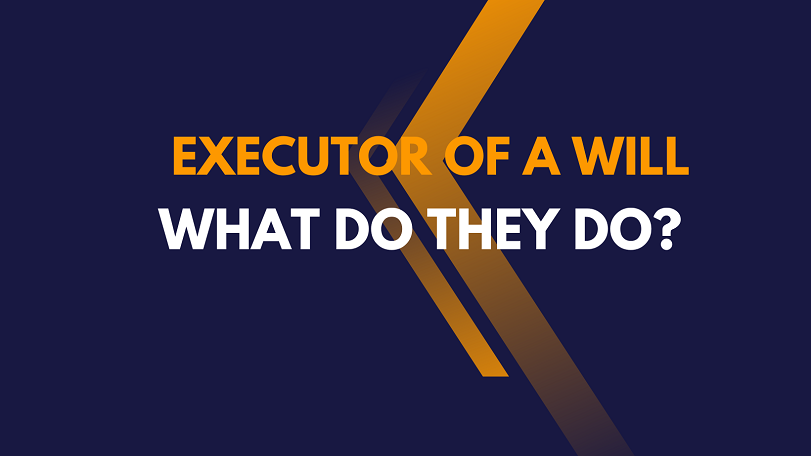Physical Address
304 North Cardinal St.
Dorchester Center, MA 02124
Physical Address
304 North Cardinal St.
Dorchester Center, MA 02124

When you are chosen to serve as the executor of someone’s will after they pass away, you take on important legal and financial duties. Being an executor involves much more than just distributing inheritance gifts! Settling an estate can be complex and time consuming.
In this post, we’ll break down exactly what an executor is expected to do when wrapping up a deceased person’s affairs and carrying out their final wishes. We’ll also provide tips on choosing the right executor.
Table of Contents
An executor is the person named in a will to administer the estate of someone who has died. They are appointed by the probate court after the will is validated. Serving as executor is a big responsibility that should not be taken lightly!
One of the first things an executor must do is identify and inventory all the assets of the estate. This includes things like:
The executor also puts together a list of any debts and taxes owed. They use estate assets to pay all legitimate claims. Liquidating some assets may be necessary to have cash to pay expenses.
The executor has to officially notify the court that they accept the appointment through signed paperwork. They also file petitions and statements required to open probate and keep it moving along.
Part of the probate process involves properly notifying all beneficiaries named in the will that probate is open. The executor provides them copies of the petition and will.
While in probate, the executor continues managing the estate assets prudently. This can include things like:
Thorough bookkeeping is a must! The executor will have to provide a complete accounting of all estate income and expenses at the close of probate.
Federal and state tax returns must be filed on behalf of the deceased. The executor is responsible for this task on behalf of the estate.
Once all debts and taxes are paid, the executor distributes what’s left to heirs and beneficiaries according to the will’s wishes. It’s helpful for the executor to prepare a distribution schedule for heirs to understand their share.
The executor wraps up by filing final paperwork with the court and obtaining court approval to close probate. All beneficiaries must sign off that they have received distributions.
Picking the right executor is an important decision. Here are some tips:
Serving as an executor is a big job! Here are some tips to help the process go smoothly:
The job of the executor is demanding but also an honor. Being organized, asking for help when needed, and maintaining open communication are the best ways to settle an estate properly. With some time and effort, you can successfully carry out this important role.